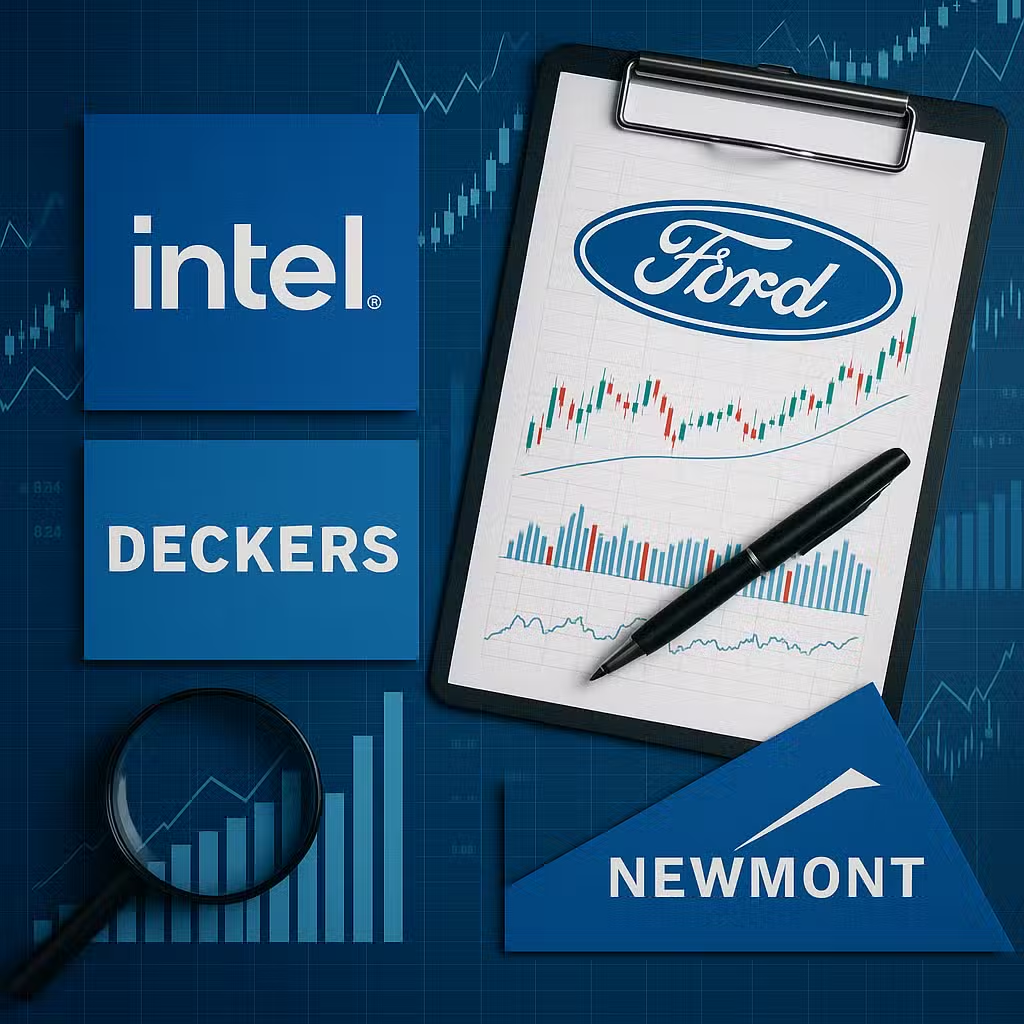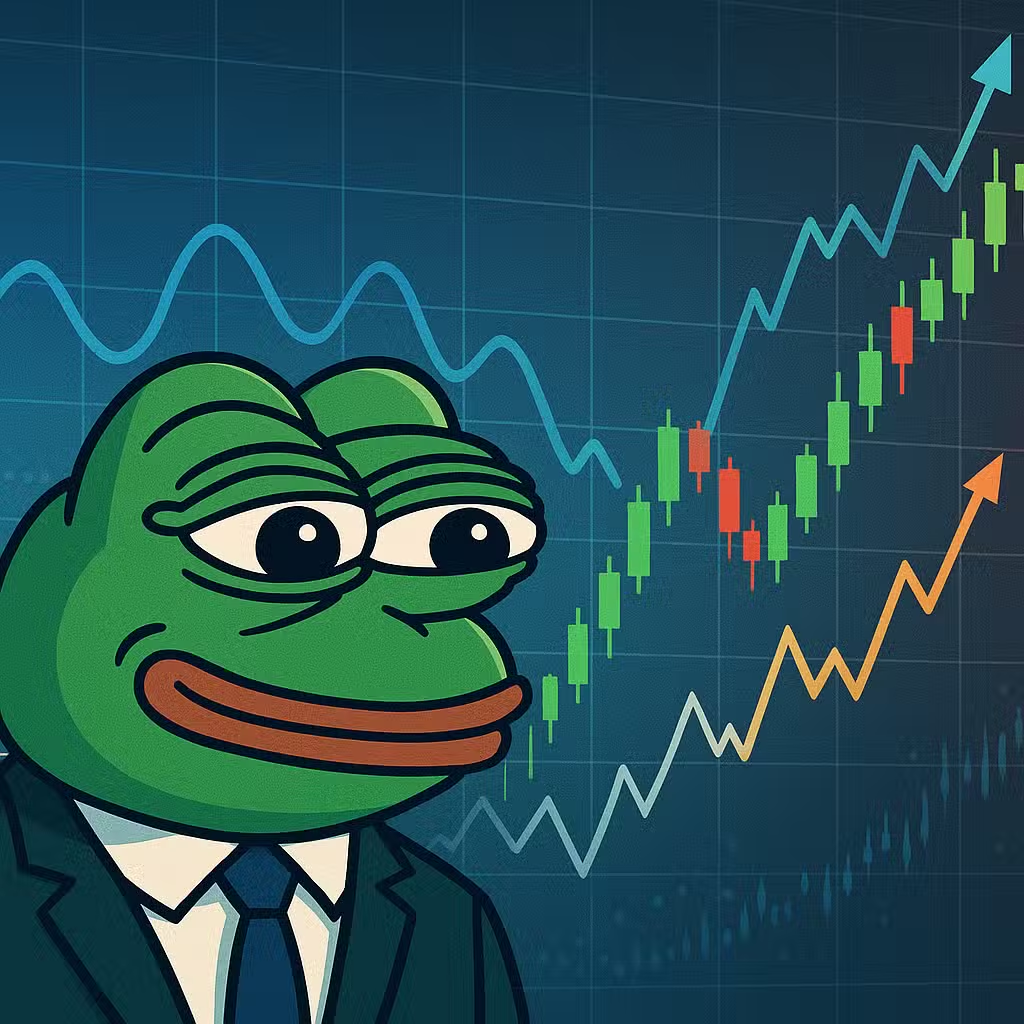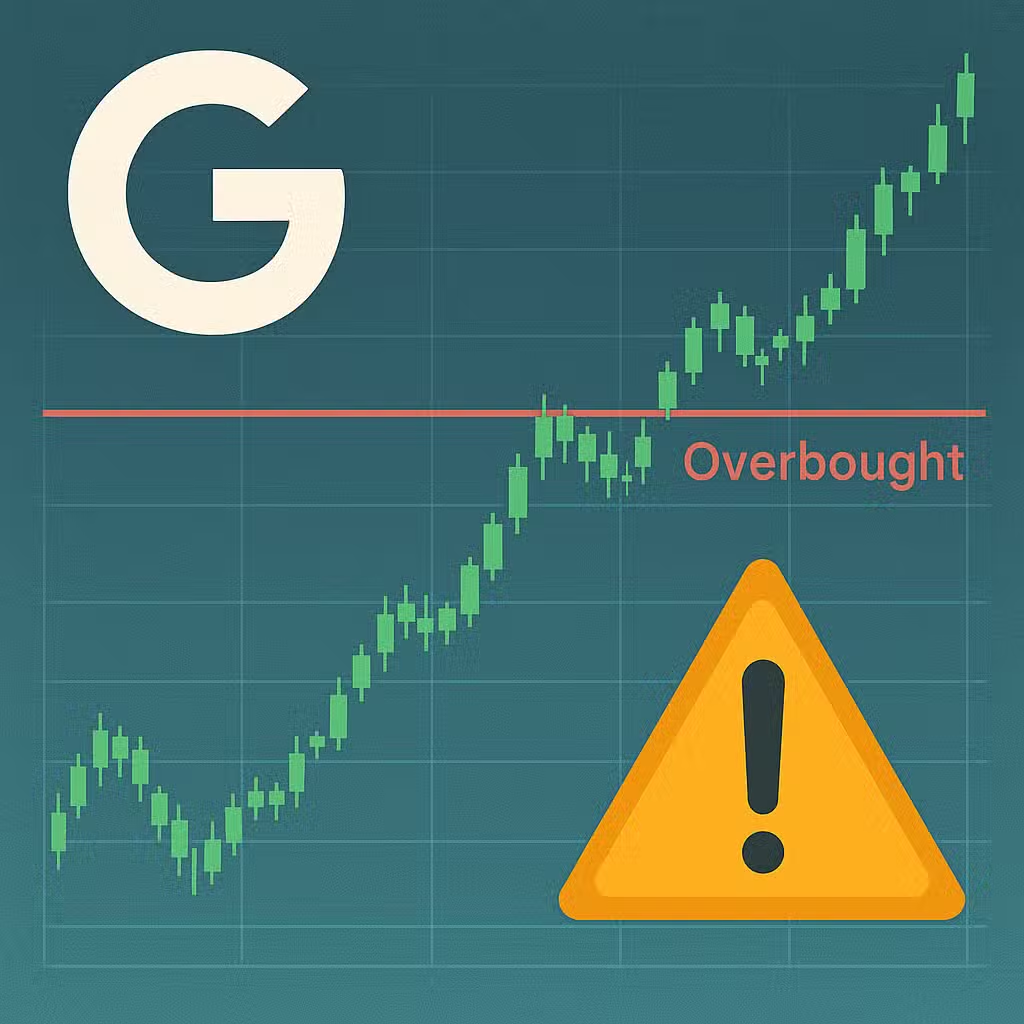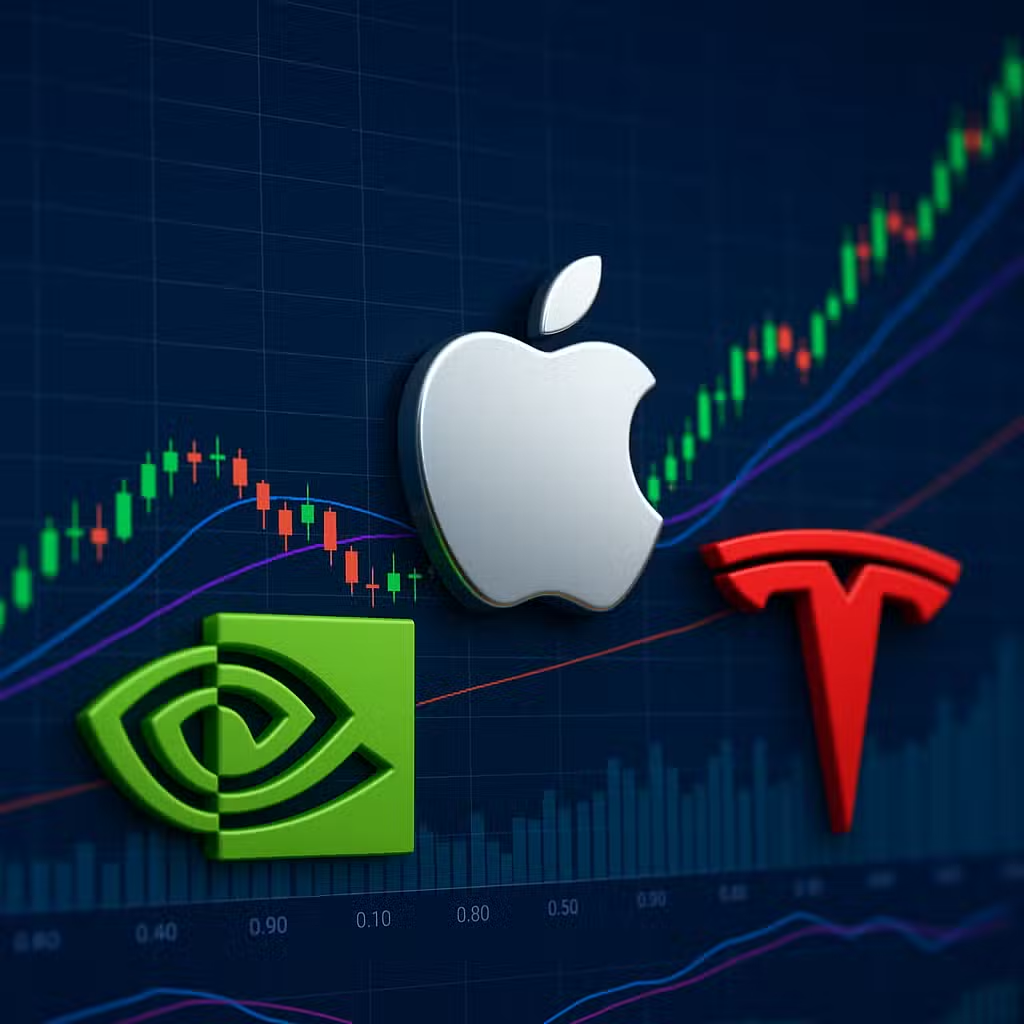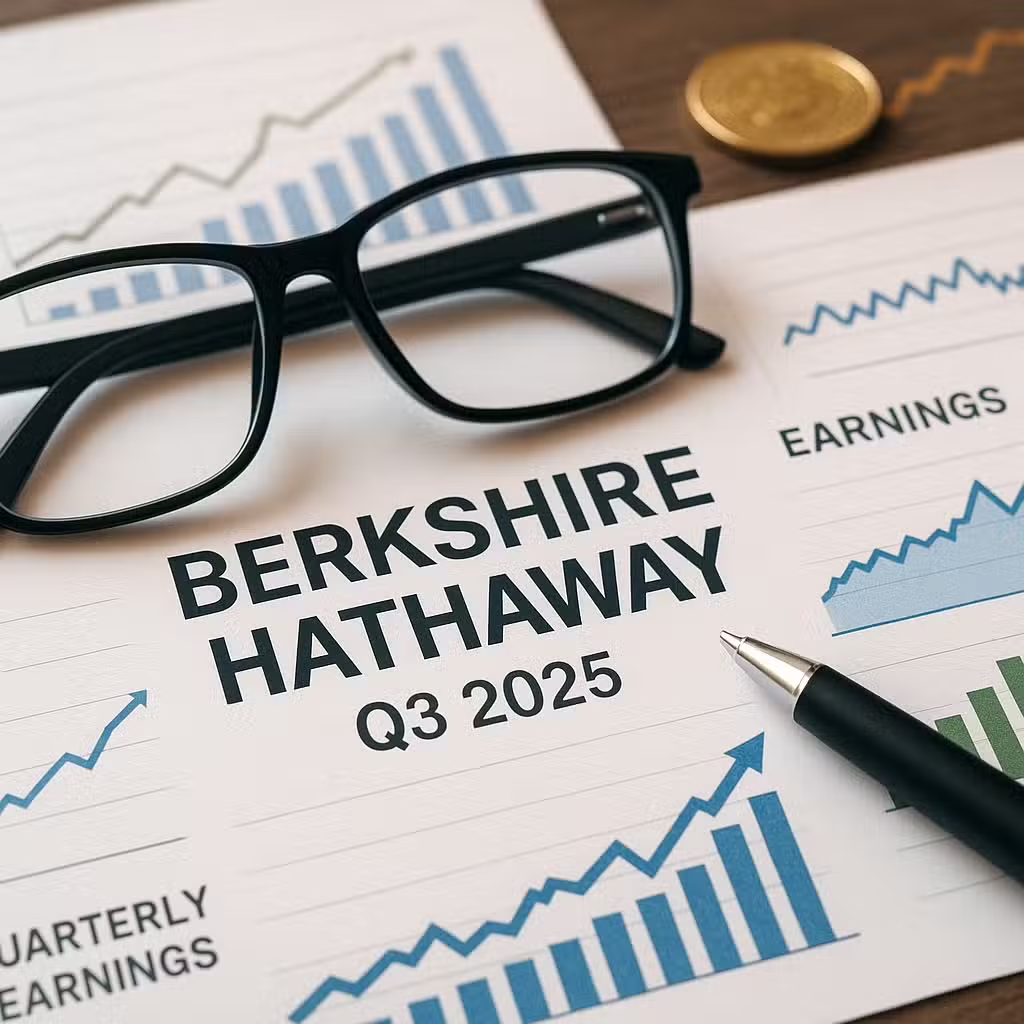Intel, Ford, Deckers, and Newmont: Key Stocks to Watch for Strategic Investment Decisions
Imagine checking your backpack after school and finding out some things got better, some worse, and some stayed the same—investing is a lot like that. After the market closed, several big companies shared updates that can help investors decide what to do next.
Winners: Good News for Some Big Names
- Alphabet (Google’s Parent Company): Alphabet’s stock rose 1% because it teamed up with Anthropic, an artificial intelligence company. They made a “cloud partnership” deal worth tens of billions of dollars, giving Anthropic access to a huge number of Google’s special computer chips called TPUs. This move could help Alphabet stay ahead in the fast-growing AI race.
- Ford Motor: Ford’s stock jumped 4% after reporting better earnings than experts guessed. Ford made 45 cents per share and $47.19 billion in sales, beating expectations. But, they warned future results could be weaker because a fire at a supplier caused problems.
- Target: Target’s shares went up slightly after it announced it will cut about 1,800 corporate jobs, or 8% of its office workforce. This is the first major layoff in ten years and shows Target is trying to save money and stay competitive.
- Intel: Intel’s shares soared 7% after reporting strong sales. The company made 23 cents per share and $13.65 billion in revenue, both better than experts predicted. There’s hope that people are buying more PCs again, which is good for Intel.
Losers: Some Companies Face Headwinds
- Newmont: Even though the gold miner beat earnings predictions, its stock dropped 2%. Sometimes, even good news isn’t enough if investors expect even more. Gold prices are often seen as a safe place during market uncertainty, but this shows it’s not always a sure thing. Gold prices have swung widely over the years, with 2022 seeing the average price above $1,800 per ounce.
- Deckers Outdoor (Hoka and Ugg): Deckers’ shares fell 12% because its future sales forecast was lower than expected, even though it beat earnings estimates this quarter. Investors worry growth might slow down for these popular shoe brands.
- Boyd Gaming: Boyd Gaming’s shares dropped nearly 2% despite strong results. The company earned more than expected, but sometimes investors want even bigger surprises or worry about the future of casinos and gaming.
- Applied Materials: Applied Materials’ shares fell more than 1% after announcing it will cut about 4% of its workforce, costing $160–$180 million. The company said new technology and shifting business needs require these changes.
Bulls vs. Bears: What’s the Debate?
- Bulls (Optimists):
- Tech partnerships like Alphabet and Anthropic show how AI is driving growth across sectors.
- Companies like Intel and Ford beating earnings suggests parts of the economy are still strong.
- Job cuts at Target and Applied Materials could lead to leaner, more profitable companies.
- Bears (Pessimists):
- Layoffs and cautious forecasts signal companies are worried about the future.
- Even strong earnings don’t always push stocks up if investors expect more, like with Newmont and Boyd Gaming.
- Cutbacks in sectors like retail and manufacturing could hurt consumer spending and job growth.
What History Tells Us
Historically, after-hours trading can lead to bigger price swings since fewer people are buying and selling. According to Nasdaq, unexpected news after the market closes can move stocks even more than regular hours, sometimes setting the tone for the next day.
Job cuts, like those at Target and Applied Materials, often happen during uncertain times. For example, during the 2008 financial crisis, U.S. companies laid off millions to cut costs, but in later years, many bounced back stronger.
Investor Takeaway
- Don’t react too fast to after-hours moves. Prices can swing more wildly after the bell, so wait for the full picture.
- Watch for trends, not just headlines. Look for patterns, like tech partnerships or job cuts, that could affect whole sectors.
- Diversify your portfolio. Mix tech, retail, and materials stocks to spread out risk when some companies stumble.
- Keep an eye on forecasts. Strong current results are good, but future guidance matters just as much for stock prices.
- Remember: even good news can disappoint investors. Stocks don’t always go up just because results beat expectations—market mood matters!
For the full original report, see CNBC

